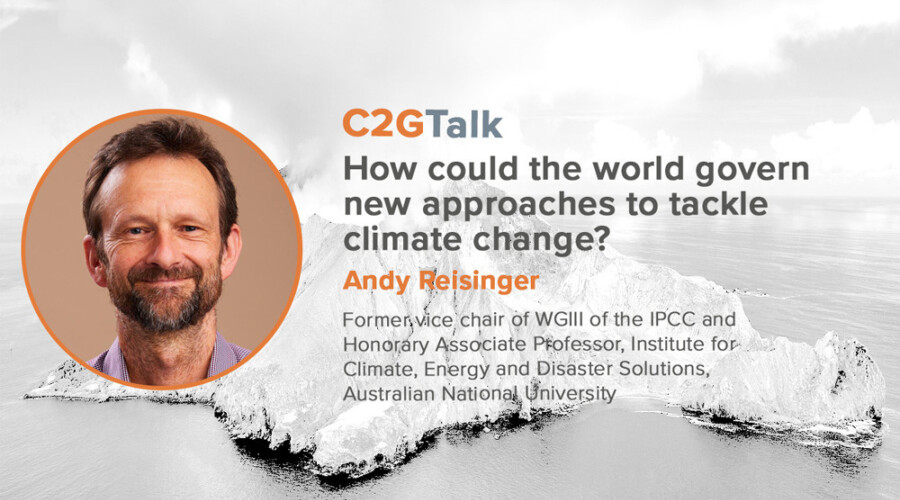The fragmentation of international environmental governance creates challenges for states looking to create governance for solar radiation modification (SRM), says Dr. Marcos Regis da Silva, executive director of the Inter-American Institute for Global Change Research (IAI) during a C2GTalk. Policymakers in the Americas welcomed a recent IAI meeting which provided more information about SRM, and the state of its governance, to help them take decisions about the best way forward.
As IAI's executive director, Regis da Silva is responsible for the provision of strategic advice to high-level policymakers on issues related to global change and their socio-economic impacts. He also provides advice on linkages between the IAI’s scientific agenda and global governance environmental frameworks, especially the Sustainable Development Goals.
Previously Regis da Silva held the post of chief, knowledge management and outreach services with the Convention on International Trade in Endangered Species of Wild Fauna and Flora (CITES).
For more, please go to C2G's website.





